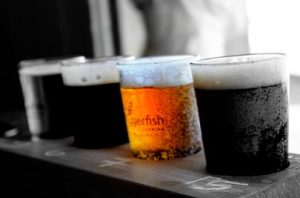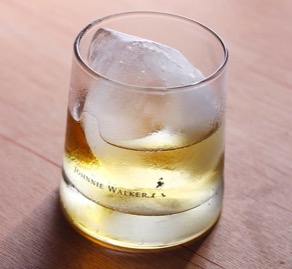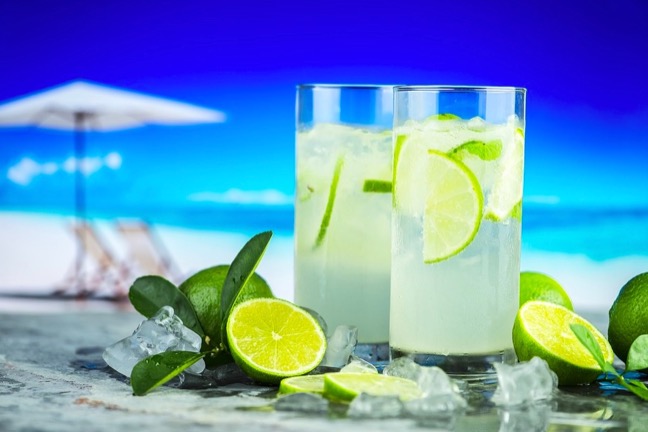Chilling Glassware
Some bars have multiple shelves in their fridges dedicated to glassware. A strategy that you may wonder whether or not you should incorporate into your bar. There are pros and cons of chilling glassware and there are a multitude of factors to consider to ensure it is a successful venture. To undertake it is very in-expensive, however it will require thought by you and constant training for your staff until they’re used to restocking the fridge with glassware.
Considerations
Space – Most fridges behind the bar are brimming with product. Can you remove some of this product and replace it with glassware without effecting the quality of the beverages served out of the fridge? If not then a chilled-glass program will be more detrimental than beneficial.
Business Volume – This is intertwined with the space factor. Can you consistently keep enough glasses chilled to serve everyone who comes to your bar? Only serving chilled glasses half the time, because you can’t keep up with demand, will leave a bad impression of your establishment in a guests mouth. Don’t provide a service that you can only offer intermittently.
Imparted Flavors – In our fridges we store food items which can smell potent. If the glasses are kept in the fridge for long enough -a few weeks- they can pick up these scents; and they don’t pair very well with the beverage that will be poured into the glass. Either move these items to another fridge or ensure that your staff rotate the glassware in the fridges, either through usage or manually.
Fridge or Freezer – Freezers are hard to find behind the bar and space within them is even more limited, however they do provide a quicker and deeper chill that fridges. Freezers, however, will vacuum seal after usage which can present a problem for bar staff on a high volume, fast paced bar. There is no hard and fast rule for which you want to use, but it’ll probably be dictated by the conditions on your bar

Beer Glasses
In today’s glycol-cooled beer lines and air-conditioned cellars our beer are often already cold enough coming out of the tap, and don’t really warrant the need for a chilled glass. Some craft beer brewers and enthusiasts would argue that our tap beer is too cold and that it takes away from the flavors in their brews. Chilled beer glasses really only suit mass-market lagers, although they may be a good idea during the summer months if you have a lot of people drinking outside in the sun.
Cocktail Glasses
Cocktail glasses are chilled by your bartenders before placing cocktails in them. Pre-chilling your cocktail glasses in the fridge means that your bartenders can skip this step, use less ice and, overall, provide a better and faster experience for your customers. Old fashioned glasses, collins glasses and the like can also be chilled if you like, especially if the drinks will be out in the sunshine. However, neat pours should not automatically be placed in a chilled glass, yet it is a nice option to have for those who want chilled beverages without the dilution provided by ice.

Ultimately, chilling glasses with depend on the space available for you to do so and your ability to keep enough glasses chilled to meet business demands. Doing so may not directly increase the bottom line of your business however it can impact the guest experience in a good way by keeping their drinks colder for longer; which can only have a good effect on your business.



